Rugby World Cup 2015 review: Team of the tournament, best try, top match and biggest controversy
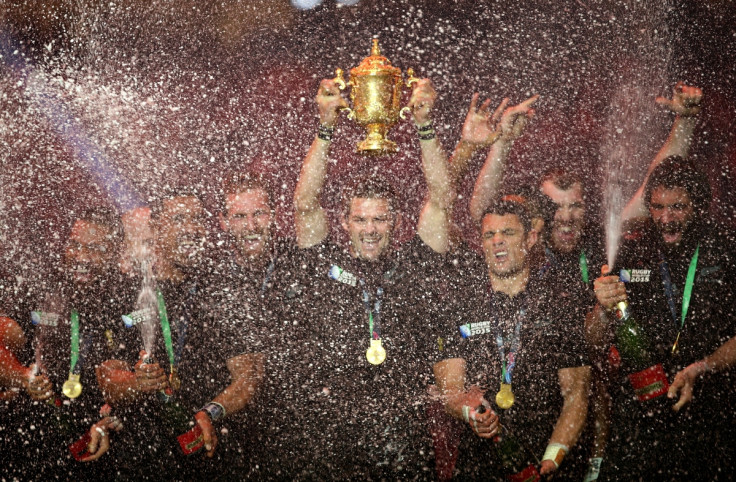
Team of the tournament: Ben Smith (New Zealand), Santiago Cordero (Argentina), Conrad Smith (New Zealand), Matt Giteau (Australia), Julian Savea (New Zealand), Dan Carter (New Zealand), Greig Laidlaw (Scotland); Marcos Ayerza (Argentina), Stephen Moore (Australia), Sekope Kepu (Australia), Lood de Jager (South Africa), Alun Wyn Jones (Wales), Michael Hooper (Australia), Richie McCaw (New Zealand), David Pocock (Australia)
Best player: David Pocock (Australia) – In a sport which increasingly hinges on events at the breakdown, the Aussie backrow forward is the finest turnover exponent around. The Wallabies will be itching for him to be available in four years' time.
Worst player: Sam Burgess (England) – Perhaps an unfair award given the exciting rugby the last six weeks offered, but after such a controversial selection the league convert failed to transfer his big game experience onto the biggest union stage. His retreat to the NRL is cowardly.
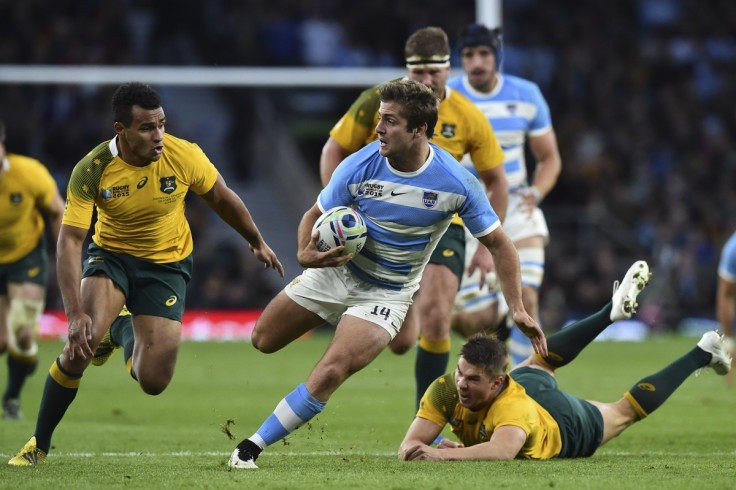
Breakthrough star of the tournament: Santiago Cordero (Argentina) – The 21-year-old made the most meters by any player outside of the eventual world champions, testament to the fleet-footed winger's ability whose side's attacks were often built from deep rather than via multiple phases.
Try of the tournament: Karne Hesketh (Japan) – Not the most aesthetically pleasing of tries during this World Cup, but there will be few scored that will ever have as seismic an impact. Hesketh scored late on to beat South Africa and set the perfect platform for 2019.
Coach of the tournament: Steve Hansen (New Zealand) – Several candidates for this award, with Eddie Jones of Japan and Michael Cheika of Australia producing some remarkable work, but it is hard to ignore Hansen. He is the most understated member of the All Blacks team with outstanding levels of humility.
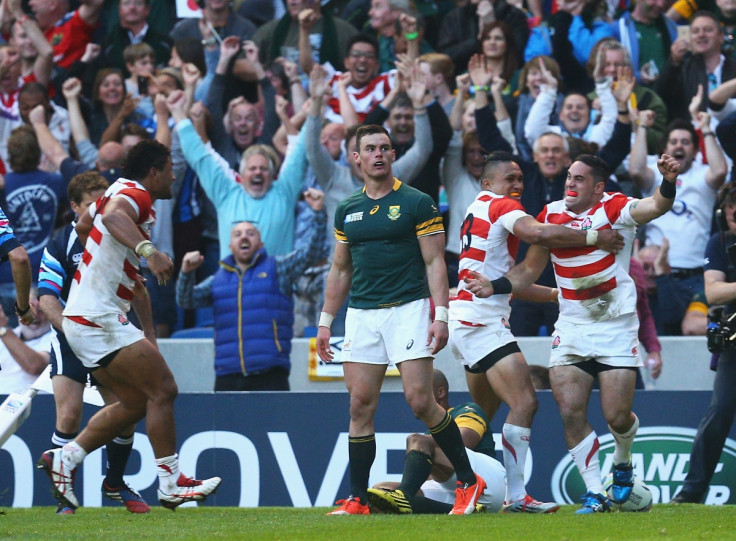
Best match: Australia 35-34 Scotland – A quarter-final clash played with the freedom of a pool stage game. An 80 minutes with all the ingredients needed for a sporting epic; the plucky underdog, a thrilling comeback, late drama and controversy. Perfect, unless you're Craig Joubert.
Worst match: France 32-10 Italy – An advert for a promotion and relegation system in the Six Nations. Significantly better than the penalty-fest the pair shared earlier in the year, but only just. Both teams endured a horrible tournament.
Moment of the tournament: Dan Carter drop goal vs Australia – The New Zealand fly half ensured his international career was given a storybook finish with a fabulous drop goal under pressure to all but ensure the Kiwis kept hold of their title.
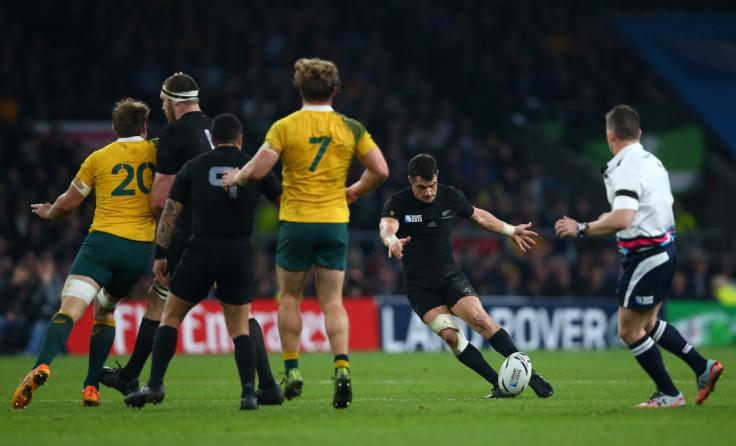
Biggest controversy: Craig Joubert (Australia vs Scotland) – The South African official cost the Scots a place in their first World Cup semi-final for 24 years when he misjudged Nick Phipps' knockback to be intentional; a forgiveable oversight. His subsequent dash from the pitch at full time however broke rugby's most important rule, and remains unexplained.
Best pundit: Ben Kay (ITV Sport) – While pundits too often attempt justify their position by stressing the shock factor behind their comments, the England World Cup winner combined technical analysis with an outstanding knowledge of all aspects of the game, suitable for the first time viewer as well as the experienced fan. The RFU were clearly watching too.
Worst pundit(s): Matt Dawson and Gavin Hastings (BBC Radio Five Live) – As the Beeb's topic radio discussion lurches closer to unsolicited waffle, even the most esteemed pundits are following suit. After Joubert's human error in the Australia-Scotland game, Hastings said he should never officiate again. Dawson meanwhile labelled the official "a disgrace". Enough to make you wonder if sport is really that important.
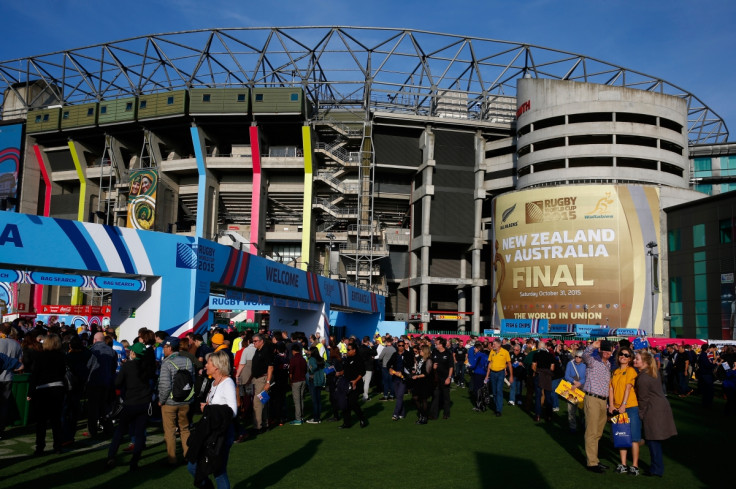
Greatest success - Record-breaking attendances: Despite prices across the entire tournament averaging at £104.17, stadia were at a 95.8% capacity suggesting that England Rugby were justified in their strategy and that the sport is thriving in 2015. Nearly two-and-a-half million people watched 48 games, making it the best attended tournament ever. There was even an atmosphere to boot, even amid the hosts' early exit. It may never be beaten.
Biggest disappointment: Television Match Official – World Rugby knew they had the grandest edition of their elite international tournament on their hands, yet they did not perfect TMO protocols for the biggest stage of them all. The tournament only highlighted how inadequate they are. Work required.
Best thing about covering the Rugby World Cup: The average margin of victory in this World Cup (20 points) was the smallest in history, proof that teams and players were prepared for the biggest seven weeks in their careers. Turning up to venues knowing both sides often had the capacity to win provided a different dimension to the tournament and made every match unmissable.
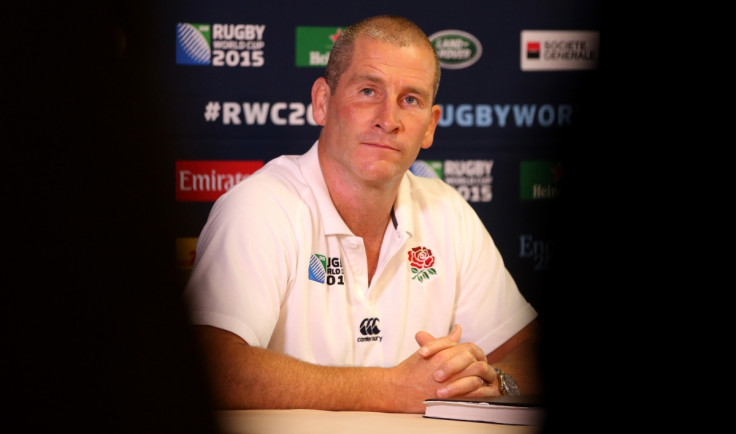
Worst thing about covering the Rugby World Cup: The woefulness of the service provided by public transport companies made journeys to and from many of the venues a complete lottery. Once the challenge of managing a global sporting event was finally appreciated, it was too late. Great Western Rail and South West Trains were the worst offenders.
The reason England did not win the World Cup: Years of preparation was dismissed with a selection policy with defied logic and marginalised the best footballers available. A stubborn overseas player rule and the bizarre timing from World Rugby to stage the pool stage draw three years before the tournament also influential.
© Copyright IBTimes 2025. All rights reserved.





















